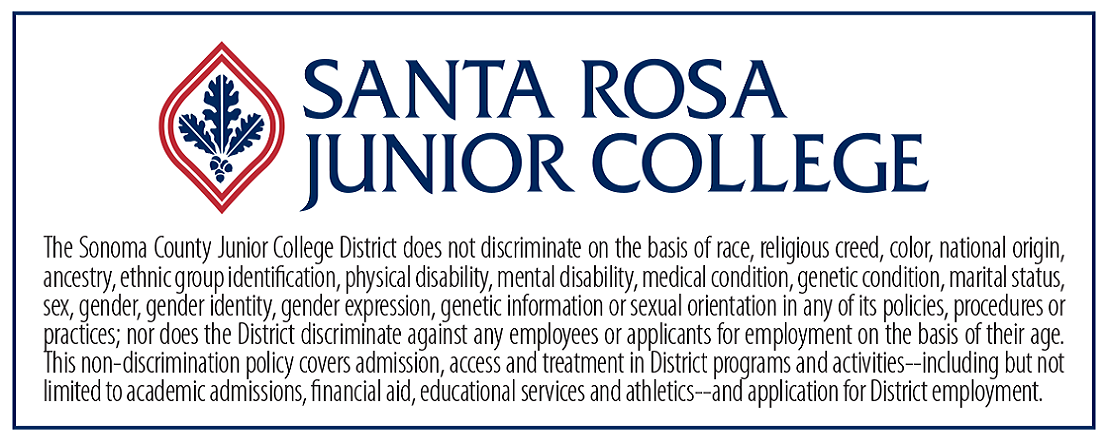
Equal Opportunity Statement
TECHNICAL STANDARDS
The curriculum leading to the Associate Degree in Nursing (ADN) requires students to engage in diverse, complex, and specific experiences essential to the acquisition and practice of essential nursing skills and functions. Unique combinations of cognitive, affective, psychomotor, physical, and social abilities are required to satisfactorily perform these functions. In addition to being essential to the successful completion of the requirements of the ADN program, these technical standards are necessary to ensure the health and safety of patients, fellow students, faculty and other healthcare providers.
Becoming a professional Registered Nurse requires the completion of a nursing education program that is both intellectually and physically challenging. In order to be successful in completing the requirements for an Associate Degree in Nursing, students must be able to fully participate in both the academic and clinical environments. Below is a list of some of the technical standards required in the Associate Degree in Nursing Program. These are examples of learning activities that students will be required to participate in during the ADN program and not meant to be an exhaustive list of all technical standards.
Students in the ADN program must be able to:
- Participate in classroom, clinical, and laboratory discussions and learning activities.
- Ability to commit to memory essential formulas, assessment and treatment factors, and medication modes essential to safe patient care.
- Participate in intellectual activities requiring critical thinking, judgment, and analysis.
- Solve problems and plan care within reasonable time frames in complex environments.
- Accurately complete a full head to toe assessment including but not limited to vital signs, skin assessment, lung and heart sounds, neurological assessment, and wound assessment.
- Move safely around the skills lab, patient rooms and in a variety of clinical settings.
- Assemble and transport a wide range of equipment and supplies to and from patient rooms and other clinical care areas.
- Assist patients with mobility, which may include moving patients in and out of beds, gurneys, and chairs.
- Perform nursing care in a timely and safe manner including the provision of life saving interventions and psychomotor skills such as sterile wound care, catheter insertions, and delivery of parenteral fluids/medications.
- Accurately assess, compute, prepare, and administer medications using oral, rectal, intramuscular, intradermal, and intravenous routes.
- Accurately document patient care on paper and in the electronic health record in a timely manner.
- Communicate with patients, caregivers, family members, and other healthcare personnel in a manner that is clear, accurate, and ensures that the plan of care is understood.
- Develop therapeutic patient and family relationships.
- Establish professional relationships with faculty, other students, staff of affiliating agencies, and members of the community.
- Express feelings and ideas in a professional manner.
- Provide and accept feedback respectfully.
- Adapt to unexpected changes and stressful situations.
- Exercise good judgment.
- Empathize with the feelings and situations of others.
- Identify own emotional responses, be reasonably objective and maintain self-control during difficult situations.
Process of Reasonable Accommodation
The Associate Degree in Nursing program is committed to ensuring that otherwise qualified students with disabilities are provided reasonable accommodations. Students with disabilities who wish to request these accommodations must contact the Disability Resources Department (DRD) to determine eligibility for services prior to the start of the program. While the process can be initiated at any time, reasonable accommodations cannot be implemented until eligibility has been formally established with DRD. The Disability Resources Department can be reached at 707-527-4278. Information about the department can be found on their web page at: http://drd.santarosa.edu
Since degrees of ability vary widely among individuals, the Associate Degree in Nursing program is committed to creating access to qualified individuals with a disability using a case-by-case analysis, however, students must be able to achieve program curriculum objectives as approved by the California Board of Registered Nursing for safe patient care. The program remains flexible with regard to the types of reasonable accommodations that can be made in the college’s classrooms, labs, and clinical settings. Students with disabilities are invited to offer suggestions for accommodations that have worked in the past. Accommodations made will specifically address the limitations of the disability. Our belief is that accommodation should be tailored to individual situations. The process for determining the type of reasonable accommodation in the clinical setting shall be determined by the Disability Resources Department and the Director of the ADN program.